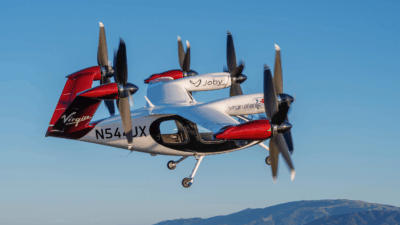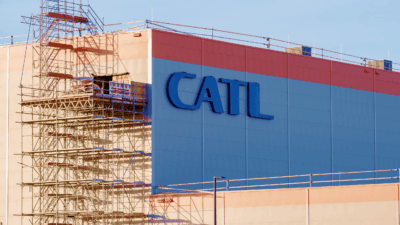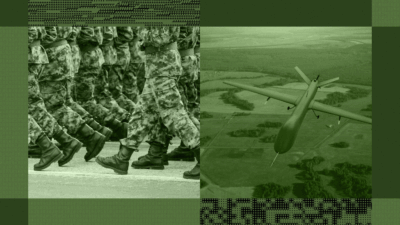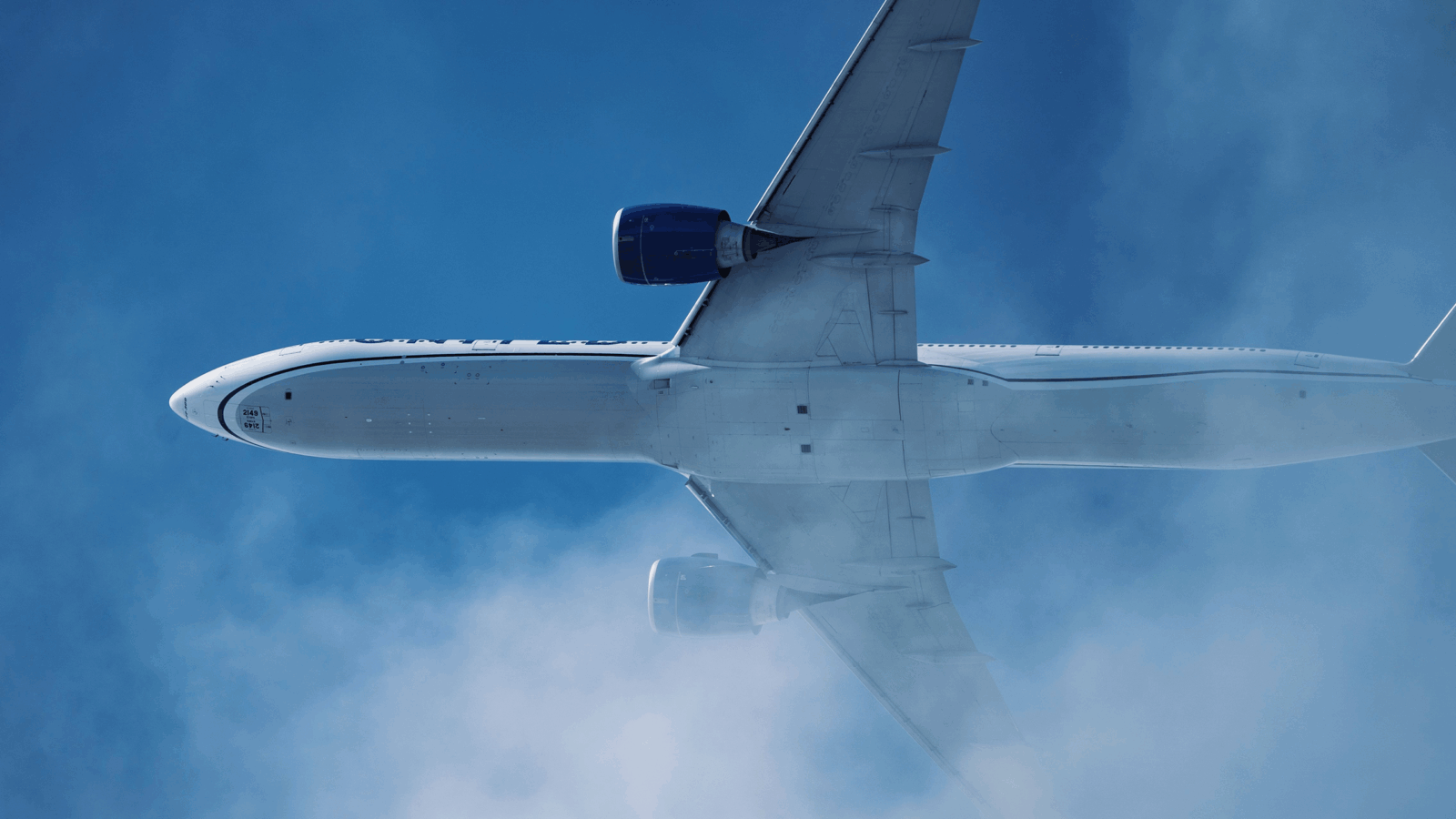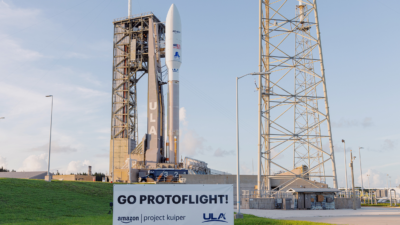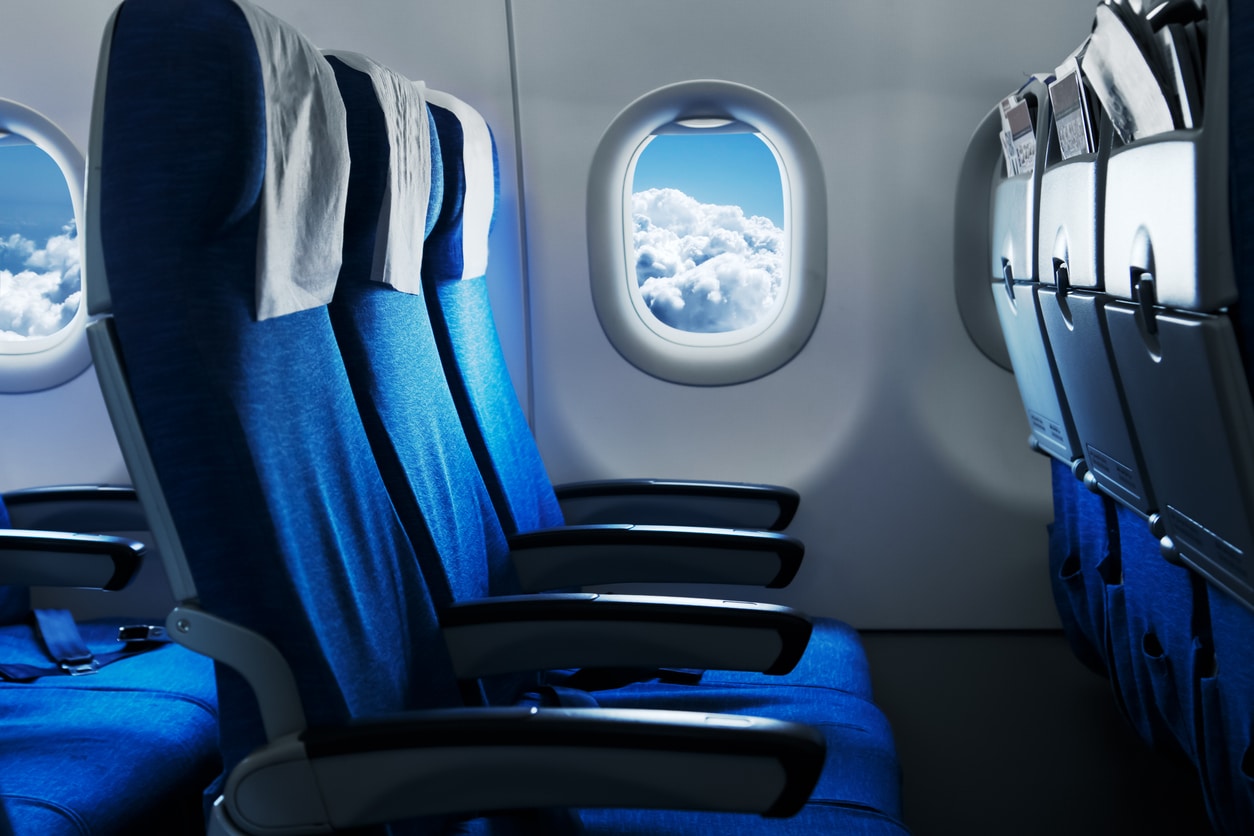
Sign up for smart news, insights, and analysis on the biggest financial stories of the day.
With inflation soaring higher and higher, budget airlines are counting on low-altitude fares to attract cash-strapped travelers.
On Thursday, both US-based Delta and Europe’s EasyJet maintained their cheaper prices will help keep them aloft despite the current economic hellscape. The two budget airlines believe that penny-pinching consumers will choose them rather than simply scrapping their holiday travel plans. It’s unclear, however, that profits and share prices will fly in sync with demand.
Travel Chaos to Clear Skies
If you were a human with access to the internet this summer, travel horror stories were hard to miss. As the pandemic waned, demand for flights came flooding back, with Labor Day weekend marking the first weekend travelers exceeded pre-pandemic levels. But widespread staff shortages meant airlines had to scramble to keep up with demand, just as the soaring costs of fuel and other goods sent airfares into the troposphere, rising as much as 20%.
Some airlines adapted their business strategies throughout the pandemic. While EasyJet switched to a seasonal model to let it billow and shrink its headcount more easily, Wizz Air, another Europe-based budget airline, aggressively expanded its operations and will fly more people in Q4 of this year than it did in the entirety of 2019, analysts say. According to Heathrow Airport, this holiday season could be its “busiest period since COVID began,” which is saying something considering Heathrow had to limit the amount of passengers traveling through it during the summer months.
Nonetheless, airlines’ confidence is hard to square with financial reality:
- EasyJet is expecting its third consecutive annual loss, and its share price is 77% lower than it was before the pandemic. In a recent note, HSBC analysts predicted the share prices would remain dampened thanks to investors’ disbelief that demand will outpace inflation.
- Delta’s share price saw a slight uptick after it reported a profit of $695 million for Q3. Its shares are still much lower than pre-February 2020, but at least it’s actually turning a profit.
Bean Counters: Delta is still thinking of new ways to win over consumers beyond cheap fares. The airline announced Wednesday it’s intertwining its frequent flier program with Starbucks’ loyalty card system. Consumers who hold accounts with both companies can link them up and earn 1 mile per $1 spent at Starbucks. To put that in perspective: you could fly from JFK to London for the low low price of 634 pumpkin spice lattes.


